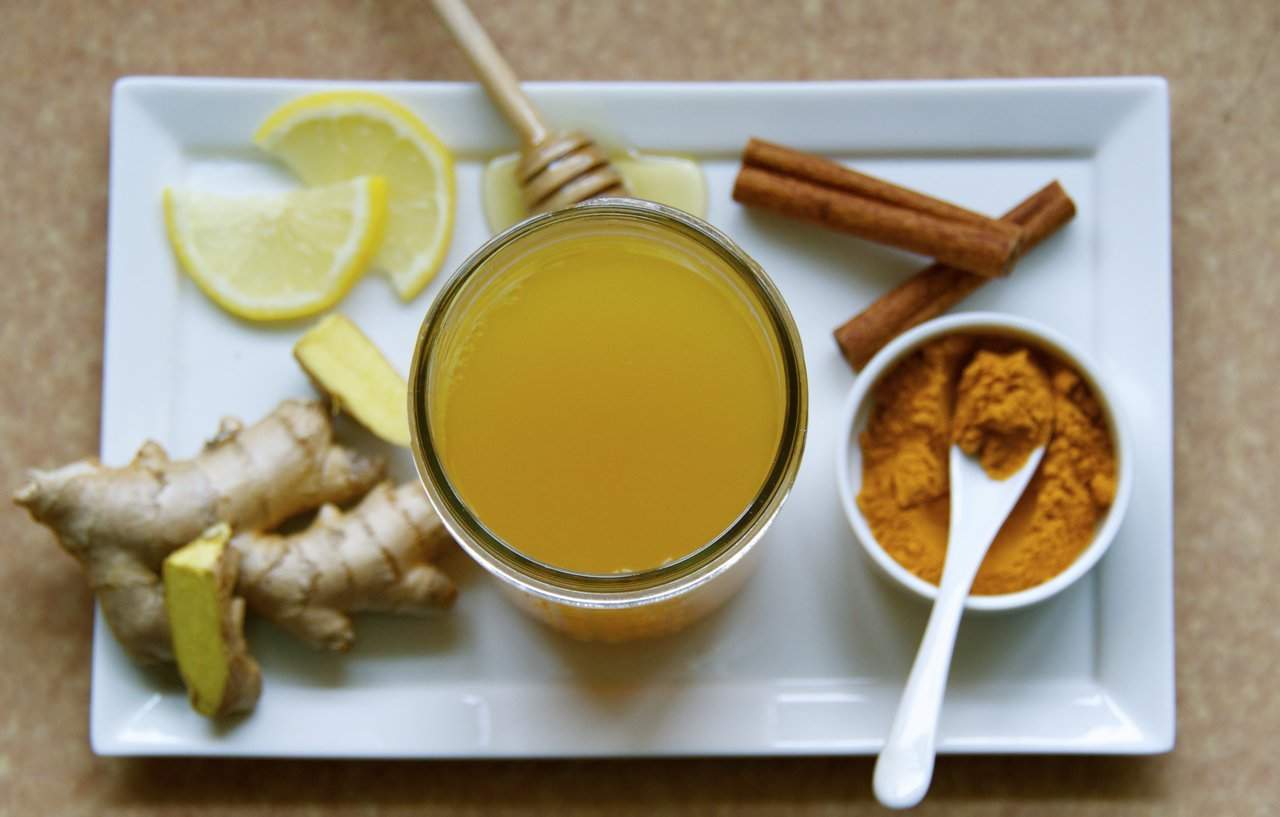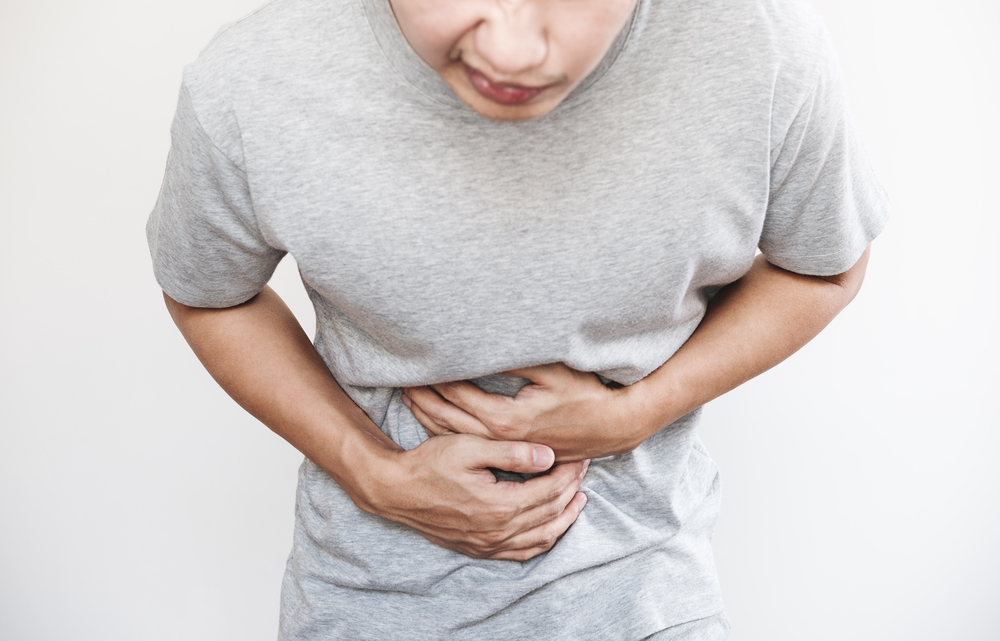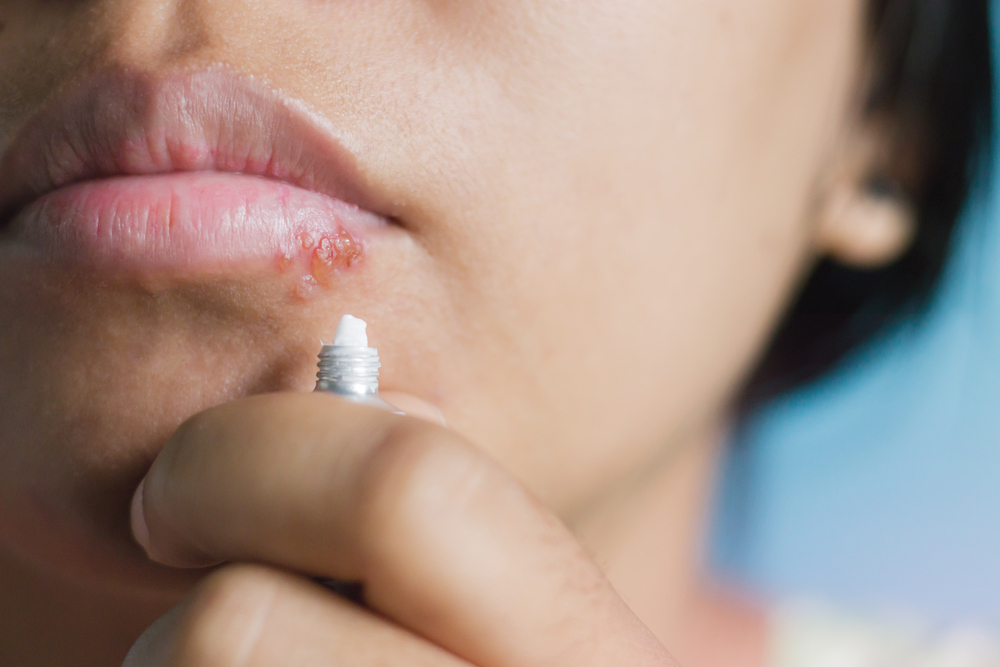Contents:
- Medical Video: How to Give Your Child Liquid Medicines / Comment donner des médicaments liquides à votre enfant
- When can children start drinking herbs?
- Dosage of herbs that are safe for children
- Which must be considered before the child drinks herbal medicine
- Benefits of herbs for children
- Ginger
- Turmeric
- Temulawak
- Kencur
Medical Video: How to Give Your Child Liquid Medicines / Comment donner des médicaments liquides à votre enfant
Drinking herbal medicine has become a tradition and habit inherent in Indonesian families. Quite often parents will give herbal medicine which is also known as traditional medicine when their child is sick, not appetite, or just to maintain the immune system. The efficacy of herbs in maintaining the health of Indonesian children has been trusted since hundreds of years ago. Until now, herbal medicine is still a mainstay of parents. According to Basic Health Research (Riskedas) in 2010, 96% of people who drank herbal medicine stated that they felt firsthand the efficacy of herbal medicine. However, can children drink herbs? How about a baby?
Many parents feel hesitant to give herbs to children, especially those who are under the age of three (toddlers). To answer your concerns, see the complete information that has been collected specifically for you and the following families.
When can children start drinking herbs?
Herbs are herbal ingredients made from various natural ingredients. The material is obtained from various parts of plants such as leaves, roots, fruits, stems, tubers, or flowers. Herbs do not use additional chemicals such as paracetamol, preservatives, artificial flavorings, or other additives. So, basically herbal medicine is safe for anyone to consume.
However, according to Dr. Aldrin Nelwan Sp.AK., MARS., M.Kes., M.Biomed, Head of the Integrative Medicine Unit of Darmais Cancer Hospital Jakarta, preferably babies who are still exclusively breastfeeding are not given herbs first. If the baby has been released from the period of exclusive breastfeeding, which is about the age of 6 months, you can start giving herbs.
READ ALSO: How Many Children Can Have Coffee?
Dosage of herbs that are safe for children
Even though herbal medicine is made from natural ingredients, it does not mean that herbal medicine can be consumed without regard to certain doses. Consuming too many certain ingredients also risks causing side effects, especially for children who are more vulnerable than adults. Note if you buy finished herbs available on the market (with the JAMU label, STANDARD HERBAL MEDICINE, or FITOFARMAKA on the packaging). Usually for products that have been registered with the Food and Drug Supervisory Agency (BPOM), there is information about dosages recommended for babies, children and adults.
However, if it is not listed or if you mix your own herbs at home, adjust the dosage to the age of the child. Reporting from Tabloid NOVA, Head of Directorate of Traditional Medicine Supervision of the Ministry of Health Drs. Ketut Ristiasa, Apt. recommends that children under 12 years only need half of the adult dose. While for children under the age of five (toddlers), you should give a quarter of the adult dose.
Which must be considered before the child drinks herbal medicine
The herbs that you provide for babies and children must really be considered the composition and use. Because, herbal medicine can be given in the form of drinks, external drugs, or supplements. In addition, you also have to maintain cleanliness and storage. Wash your hands thoroughly before concocting, brewing, or applying herbal products to babies and children. Also make sure that herbs are stored at room temperature, in glass or plastic bottles that are safe for food, and not stored for too long.
READ ALSO: 10 Foods that Are Not Easy Stale
Children or babies also should not drink herbs along with the medicine. If the child is indeed taking certain drugs, you should avoid drinking herbs first. However, children are still allowed to take the medicine prescribed by the doctor while his body is covered with herbal medicine in the form of rubbing oil because the function of the herbal medicine here is as an external medicine. If the child complains that the pain does not improve within two days, you should immediately see a doctor. Also avoid giving jamu exclusively if the disease suffered by a baby or child is quite serious, such as a high fever due to bacterial, viral, or germ infection.
Benefits of herbs for children
Herbal medicine offers a myriad of benefits for your little one. In addition to increasing endurance, herbs are also effective for increasing appetite, relieving symptoms of certain diseases such as diarrhea and influenza, and alleviating pain because the teeth want to grow. Getting children to drink herbs is also good for preventing dependence on pharmaceutical drugs or antibiotic resistance. Here are some examples of natural ingredients that are efficacious for babies and children.
Ginger
The benefits of ginger for health are widely known. Ginger can help ward off colds, flatulence, and various digestive problems suffered by children. If your child doesn't like the sharp taste, you can mix ginger into tea or soup.
Turmeric
If the child has diarrhea, mix turmeric with young guava leaf extract and give it twice a day. In addition to relieving diarrhea, turmeric grater can also help treat diaper rash in infants. Apply enough grated turmeric to the area affected by the rash and let it sit for several hours.
READ ALSO: 7 Reasons Why Menstrual Women Need to Drink Turmeric
Temulawak
To deal with children who have no appetite, mix ginger with half a cup of warm water and honey. Give every other day or according to children's needs. Supplements with ginger content are now widely circulating. Always pay attention to the dosage listed on the packaging.
Kencur
Kencur has been proven effective in relieving phlegm cough in children. Serve kencur, honey and lime mixed in warm water two to three times a day. You can also add boiled leaves of Wuluh starfruit so that the effect is felt faster.












